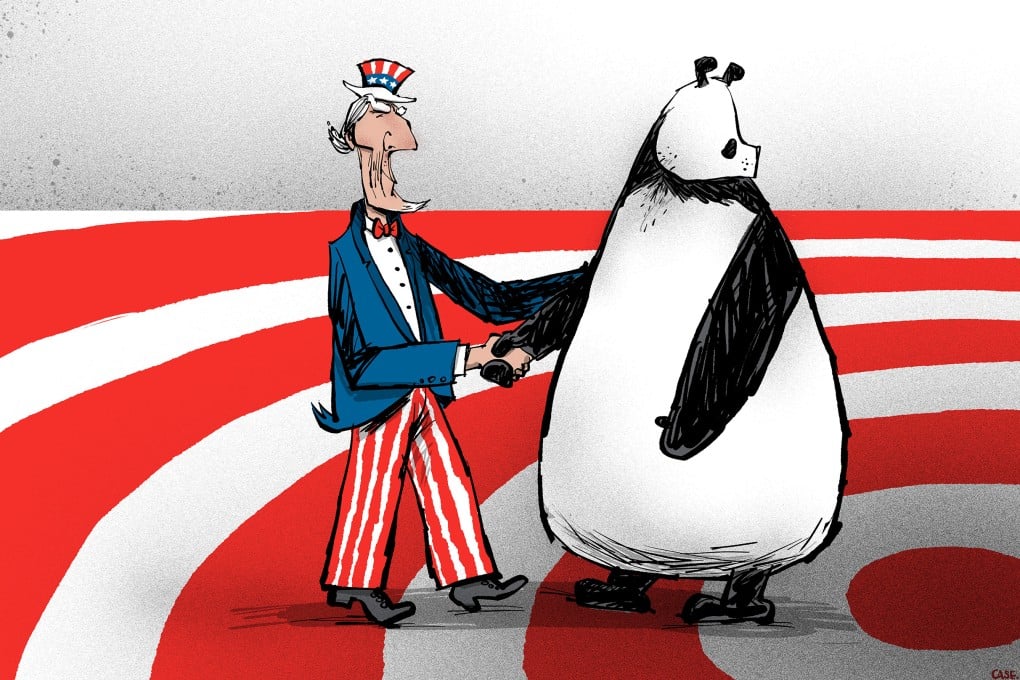Advertisement
Opinion | How the US is hustling China relations towards another cold war
- While maintaining diplomacy and setting up guard rails, Washington is also painting an ‘axis of evil’ narrative and courting allies to isolate Beijing on every front
Reading Time:4 minutes
Why you can trust SCMP
4

President Xi Jinping has characterised America’s strategy towards China as containment, encirclement, suppression and a technological blockade, producing “unprecedented severe challenges” that aim to forestall China’s post-pandemic recovery and kneecap its modernisation and rejuvenation, undermining peaceful regional development.
Advertisement
These concerns were alluded to in a recent call with President Joe Biden – ahead of visits by Treasury Secretary Janet Yellen and Secretary of State Antony Blinken – when Xi referred to growing “negative factors” in the relationship. More dramatically, China’s top diplomat, Wang Yi, has warned against a “return to a downward spiral”.
While China-US ties are being described as being “more stable” (Yellen) or “beginning to stabilise” (Wang), this is only when set against last year’s instability. This includes US provocations over Taiwan, more anti-China rules and legislation, cancelled official visits, increased military encounters in the South China Sea, and a brouhaha over an errant Chinese weather balloon.
Indeed, the balloon incident was a nadir. The US insisted it was a spy balloon and ordered it shot down; Nato began expanding its remit to include China as chief Jens Stoltenberg asserted the balloon incident confirmed China as a risk to Europe. The Pentagon later conceded the balloon did not collect any intelligence but the damage was done.
In a meeting last November, Xi and Biden committed to more high-level meetings and communication, including between their militaries. Described as both a detente and a delusion of a detente, the summit nevertheless encouraged “guard rails” to improve stability.
Advertisement
But many also see these developments as aiming to prevent unintended clashes that could spiral out of control, particularly during a difficult presidential election year in the US that could herald even more instability if Donald Trump returned to power, all while Washington rushes to build and deploy its strategy in the region and globally.

Advertisement
